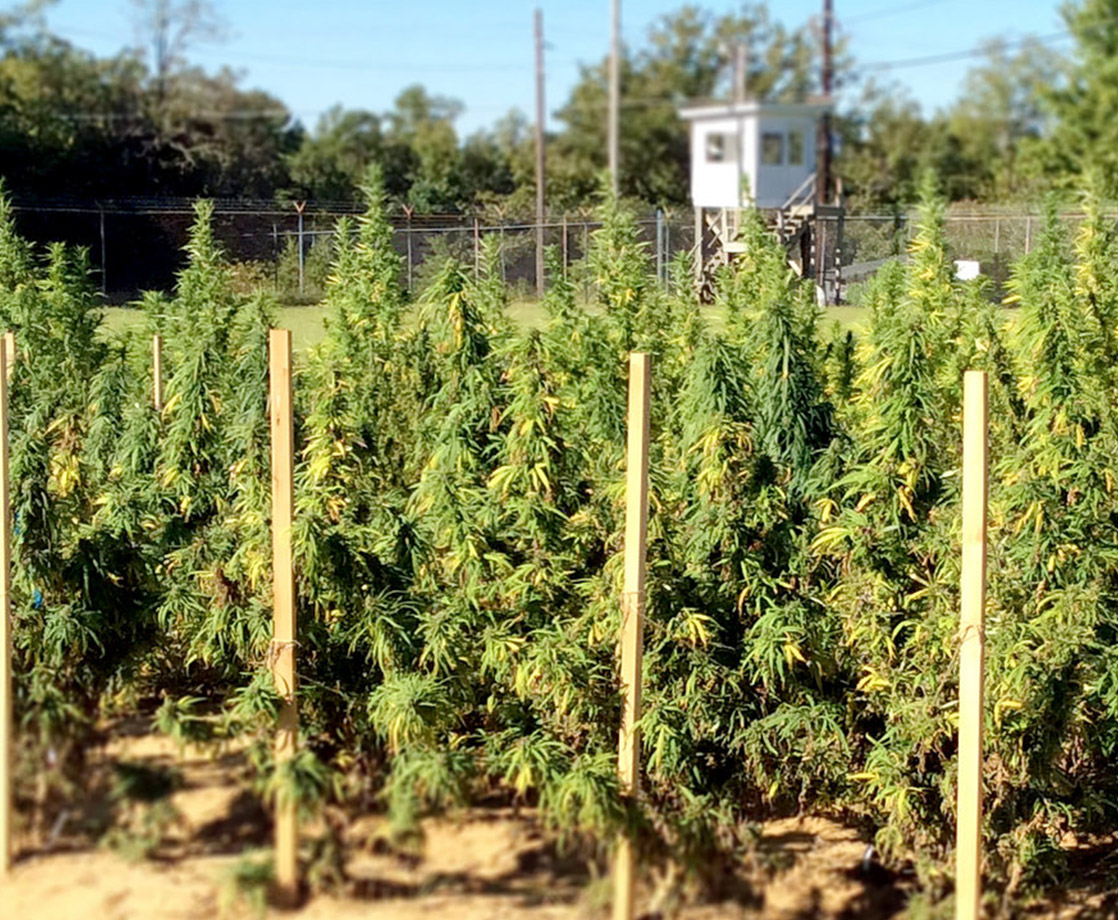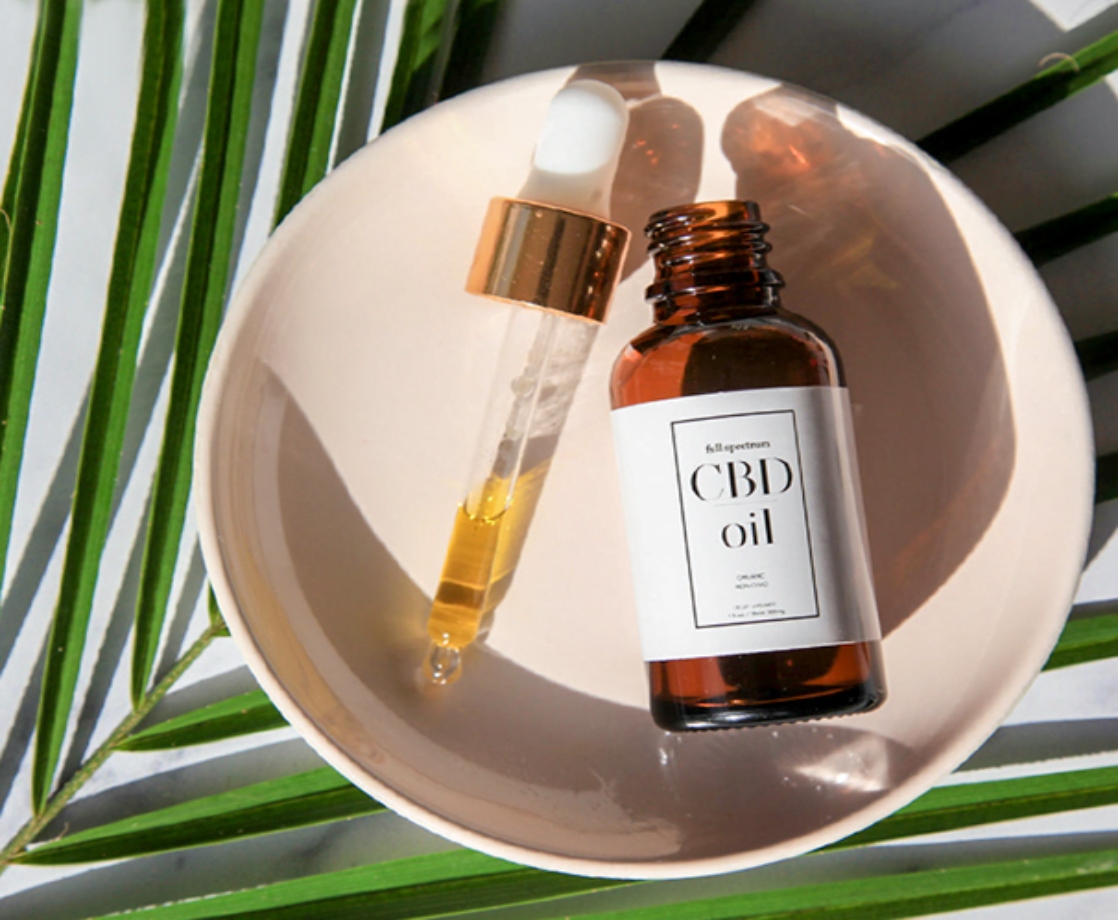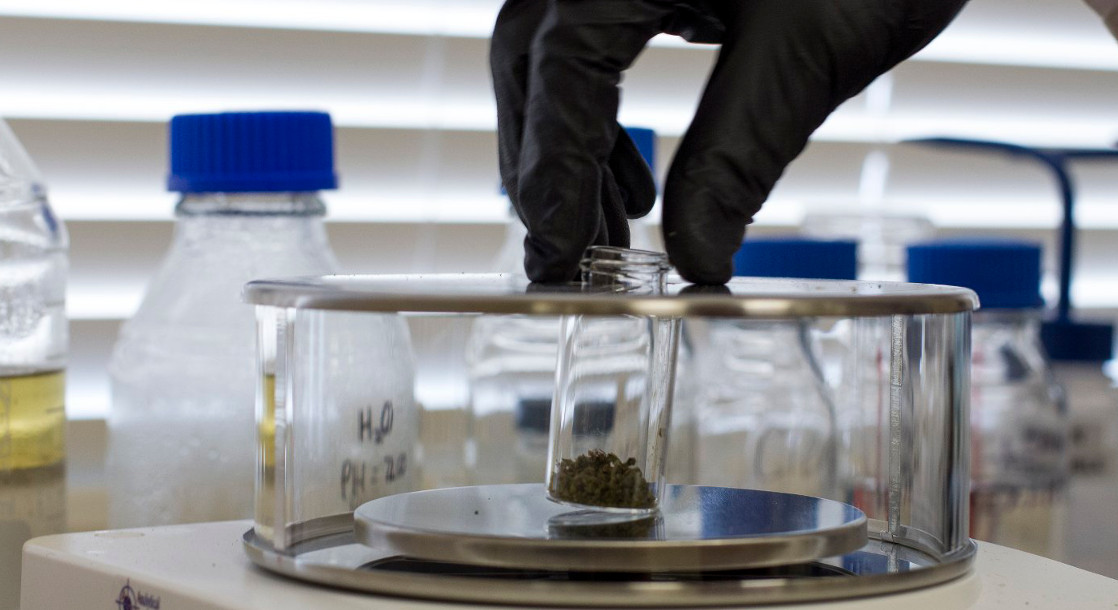Despite being home to a thriving, legal recreational cannabis market, Colorado also hosts a number of illegal farms growing cannabis to supply the black market in other states. In Pueblo County alone, law enforcement have seized over 8,000 cannabis plants from illegal grow sites in the past four months, according to Westword. Although some of these grows have been operated by locals, authorities believe that many of the grows are run by foreign drug cartels.
The Pueblo County Sheriff's Office reported that four illegal grow sites that they busted in the San Isabel National Forest region were linked to Mexican drug cartels. Two of the sites were busted in 2012, with police seizing nearly 10,000 cannabis plants. Cops seized another 2,400 plants form a site in 2015, and another 1,000 in 2016. This June, police busted yet another grow, seizing 7,400 plants from two separate fields on U.S. Forest Service land. The individuals involved in this grow managed to evade arrest, leaving authorities uncertain as to the level of cartel involvement.
Police had more luck in October, when they busted eight men from Mexico in connection with a forty-acre cannabis grow near a state highway. In addition to 500 pounds of dried cannabis, law enforcement reported finding: "Guns, several make-shift shelters, drying tables, drying lines, packaging materials as well as an elaborate irrigation system similar to those found in previous illegal outdoor grow operations that had cartel ties."
A week later, police conducted two more raids on smaller residential grows, seizing 365 cannabis plants valued at $1 million and arresting four men in connection with the grows. "This is another example of people coming from out of state to grow marijuana illegally to then sell it on the black market," Pueblo County Sheriff Kirk M. Taylor said in a statement. "What's concerning to me is they are infiltrating nearly every corner of our county with this type of illegal activity."
Sheriff Taylor also noted the environmental impact of these illegal grows. Black market growers often use pesticides and chemicals that have been banned by the FDA, and runoff from these chemicals has been polluting national forest land and may be seeping into local waterways. Taylor also mentioned that some of the residential growers had also made hazardous alterations to their homes' electrical and watering systems.











